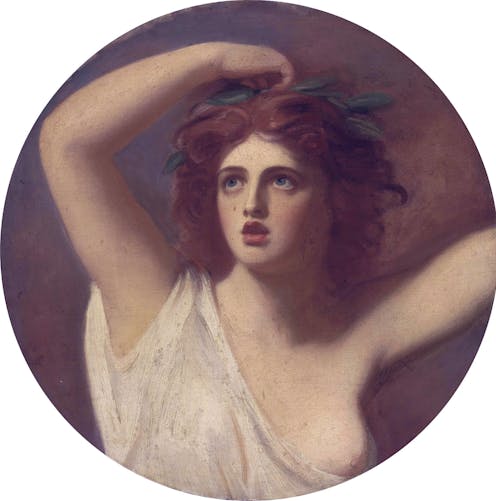‘You can’t murder a people and walk away scot-free.’ In The Voyage Home, Pat Barker explores morality in war
- Written by The Conversation

The first volume of Pat Barker’s trilogy of the Trojan conflict starts with an epigraph taken from Philip Roth’s The Human Stain: “All of European literature springs from a fight”.
This reduction of the conventional view of war to a mere “fight” acts as a coda for the whole series, establishing an iconoclastic view of war; one that largely ignores the guts-and-glory narratives.
Review: The Voyage Home – Pat Barker (Penguin Random House)
In Barker’s two war trilogies (the Regeneration series, 1991–1995; the Trojan War series, 2019–2024), there is no glory. These books are characterised by accounts of horror, the stupidity of leadership, and blind self-aggrandisement. At the same time, she persuasively depicts the lives of everyday people caught up in war: the tactics they employ to survive, and to retain what they can of ethics and dignity and compassion; or to end their lives on their own terms.
In volumes 1 and 2 of this trilogy (The Silence of the Girls; The Women of Troy) we meet the women and girls who are the spoils of war. Their role is to be what in World War II were called “comfort women”; and/or to be the cooks, cleaners, and nurses for the men who slaughtered their loved ones, and burned their homes to the ground.







